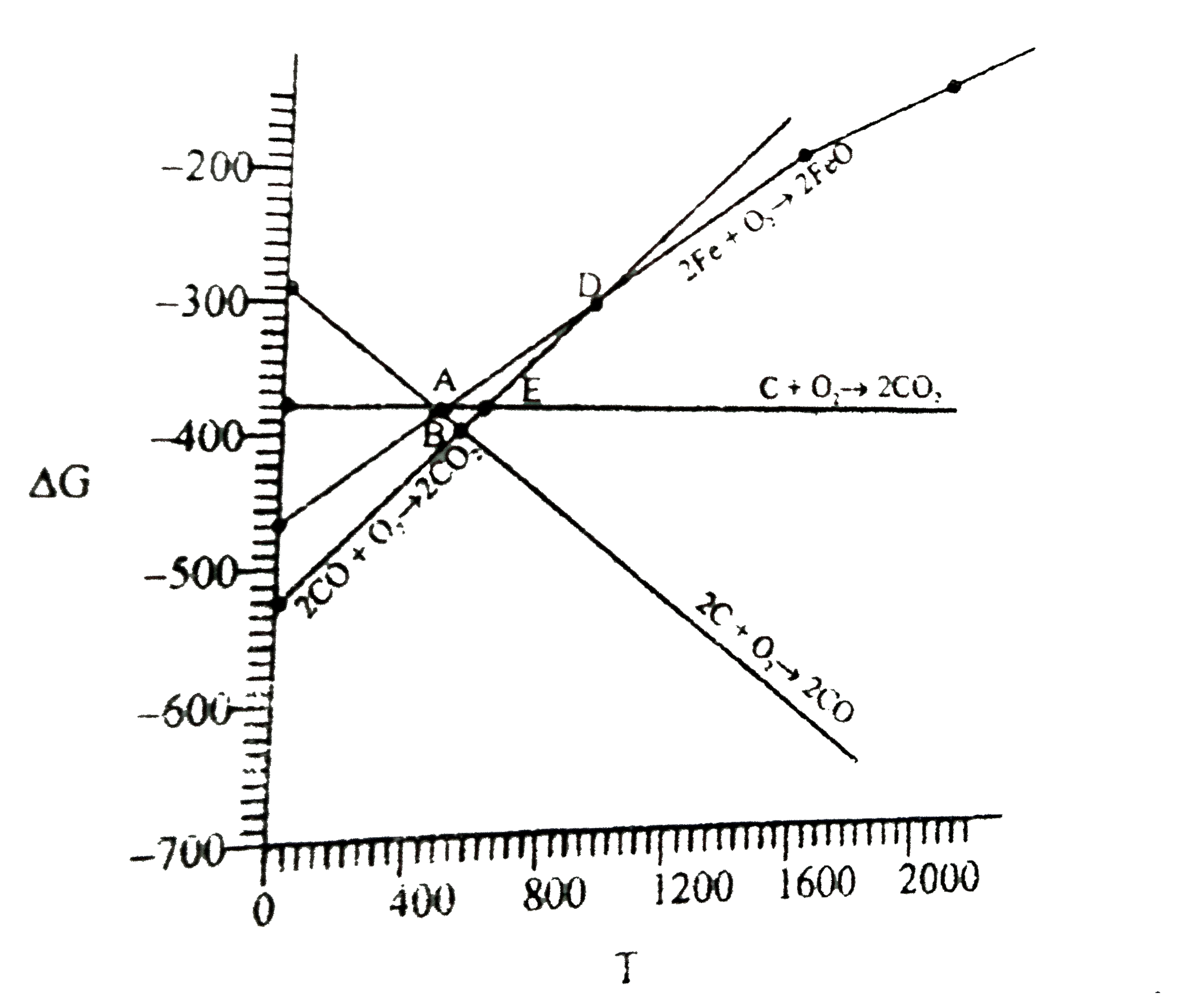Complete Solutions to Multiple Choice Questions of chapter GENERAL PRINCIPLE AND PROCESSES OF ISOLATION OF ELEMENTS of Class 12 book with complete answers and questions
| Class 12 | CHEMISTRY |
| Chapter | GENERAL PRINCIPLE AND PROCESSES OF ISOLATION OF ELEMENTS |
| NCERT EXEMPLAR | Multiple Choice Questions |
| Number Of Questions | 26 |
| Academic Year | 2023-24 |
In the extraction of chlorine by electrolysis of brine_________.
View SolutionWhen copper ore is mixed with silica in a reverberatory furnace, copper matte is produced. The copper matter contains__________
View SolutionWhich of the following reaction is an example of autoreduction?
View SolutionA number of elements are available in earth's crust but most abundant elements are___________
View SolutionZone refining is based on the principle that
View SolutionIn the extraction of Cu from its sulphide ore, the metal is formed by reduction of `Cu_(2)O` with
View SolutionBrine is electrolysed by using inert electrodes. The reaction at anode is_______
View SolutionIn the metallurgy of aluminium,
View SolutionElecyroltic refining is used to purify which of the following metals?
View SolutionExtraction of gold and silver involves leaching the metal with `CN^(-)` ion. The metal is recovered by _______
View SolutionChoose the correct option of temperature at which carbon reduced `FeO` to iron and produces `CO`

View SolutionBelow point 'A' `FeO` can __________

(a)be reduced by carbon monoxide only.
(b)Be reduced by both carbon monoxide and carbon.
(c)be reduced by carbon only
(d)not be reduced by both carbon and carbon monoxide
View SolutionFor the reduction of `FeO` at the temperature corresponding to point D, which of the following statements is correct?

View SolutionAt the temperature corresponding to which of the points in Fig. `FeO` will be reduced to Fe by coupling the reaction `2Fe rarr 2Fe +O_(2)` with all of the following reactions?
(a) `C + O_(2) rarr CO_(2)` (b) `2C +O_(2) rarr 2CO` and (c) `2CO +O_(2) rarr 2CO_(2)`
Point A
Point B
Point D
Point E
View SolutionWhich of the following options are correct?
View SolutionIn the extraction of aluminium by Hall-Heroult process purified `Al_(2)O_(3)` is mixed with `CaF_(2)` to
View SolutionWhich of the following statements is correct about the role of substances addedd in the froth floatation process?
View SolutionIn the Froth Floatation process, zinc sulphide and lead sulphide can be separated by__________
View SolutionCommon impurities present in bauxite are________
View SolutionWhich of the following ores are concentarted by froth floatation?
View SolutionWhich of the following reaction occur during calcination ?
View SolutionFor the metallurgical process of which of the ores calcined ore can be reduced by carbon?
View SolutionThe main reaction occuring in blast furnace during the extraction of iron form haematite is
View SolutionIn which of the following method of purification metal is converted to its volatile compound which is decomposed to give pure metal?
View SolutionWhich of the following statements are correct ?
View SolutionIn the extraction of chlorine from brine_________
View Solution
Multiple Choice Questions questions and complete solutions for chapter GENERAL PRINCIPLE AND PROCESSES OF ISOLATION OF ELEMENTS of NCERT CHEMISTRY (ENGLISH) of Class 12